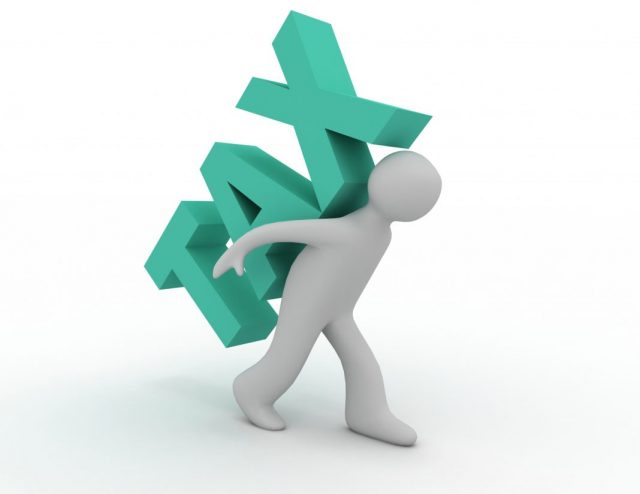HM Revenue & Customs has collected an additional £37 billion from taxes that have been introduced over the past decade, according to a major chartered accountancy firm.
UHY Hacker Young, who compiled the statistics, warned that the success of the new taxes could lead to more new income tax rules being introduced. Independent contractors are already bracing themselves for the extension of IR35 contractor tax reforms, known as the Off-Payroll rules, to the private sector from April 2020 – a move that is expected to net the Exchequer an additional yield of £1.3 billion annually by 2023-24.
Clive Gawthorpe, partner at UHY Hacker Young, said: “Adding new taxes and placing a heavier burden on businesses does not seem to fit in with the government’s aims to simplify tax.
“These new taxes have already brought in billions of pounds in a relatively short space of time. If we want tax simplification shouldn’t we be reducing the number of taxes?
“Each new tax adds more and more of a burden on businesses. Given the economic uncertainty perhaps the Government should be holding off on plans for new taxes.”
The government has increasingly utilised “sin taxes” to achieve the dual aim of increasing Government income tax revenue and to discourage the public from indulging in harmful products such as tobacco, alcohol and soft drinks.
HM Treasury are now under increasing pressure to introduce a sales tax on vaping paraphernalia, and the World Health Organisation is also lobbying for a sales tax on food containing trans-fats that would be levied on the businesses that produce them, rather than consumers.
The soft drinks levy, the most recently introduced tax, has cost business more than £300 million since it took effect in April last year.
There are suggestions that taxation could be used as a lever to curb carbon emissions in order to meet the government’s zero emissions target in 2050.
Incumbent prime minister Boris Johnson announced a review of “sin taxes” during his Conservative leadership campaign, claiming that they have a disproportionate effect on the poorest members of society.
“The recent proposal for a tax on milkshakes seems to me to clobber those who can least afford it,” Johnson said.
“Rather than just taxing people more, we should look at how effective the so-called ‘sin taxes’ really are, and if they actually change behaviour.”
The highest yielding tax introduced over the last decade has been the Bank Levy, which was introduced after the financial crisis to discourage banks from engaging in riskier forms of lending. £20.4 billion has been collected under the Bank Levy since its introduction in 2011.
Here is the list of the taxes introduced over the past decade, in order of total tax yield:
- Bank Levy – £20.4 billion, introduced in 2011
- Apprenticeship Levy – £5.4 billion, introduced in 2016
- Bank Corporation Tax Surcharge – £5.2 billion, introduced in 2016
- Bank Payroll Tax – £3.4 billion, introduced in 2010
- Swiss Capital Tax – £957 million, introduced in 2013
- Annual Tax on Enveloped Dwellings – £954 million, introduced in 2013
- Diverted Profits Tax – £369 million, introduced in 2016
- Soft Drinks Industry Levy – £318 million, introduced in 2018
10th September 2019.









